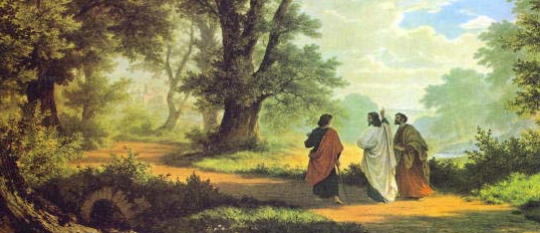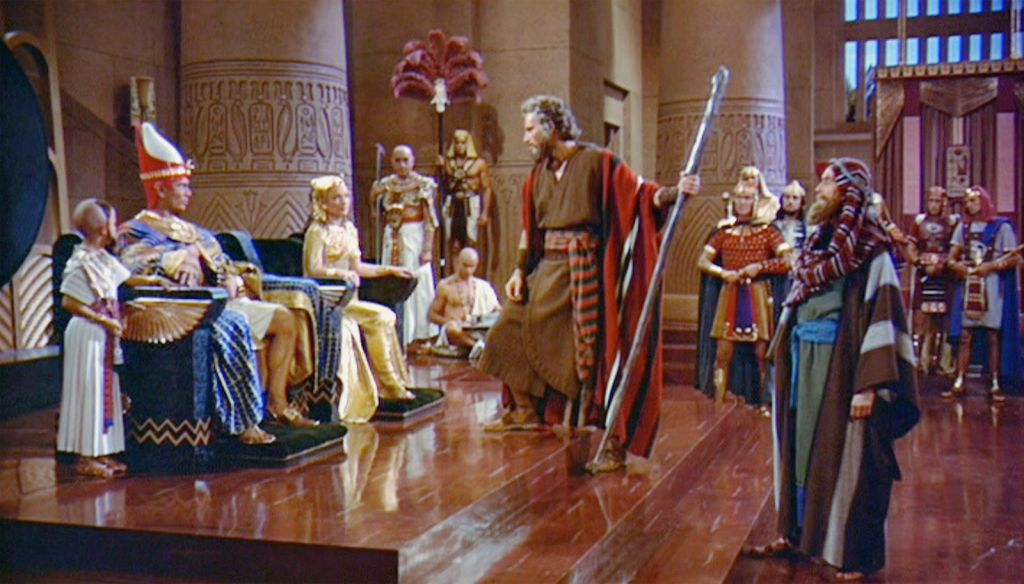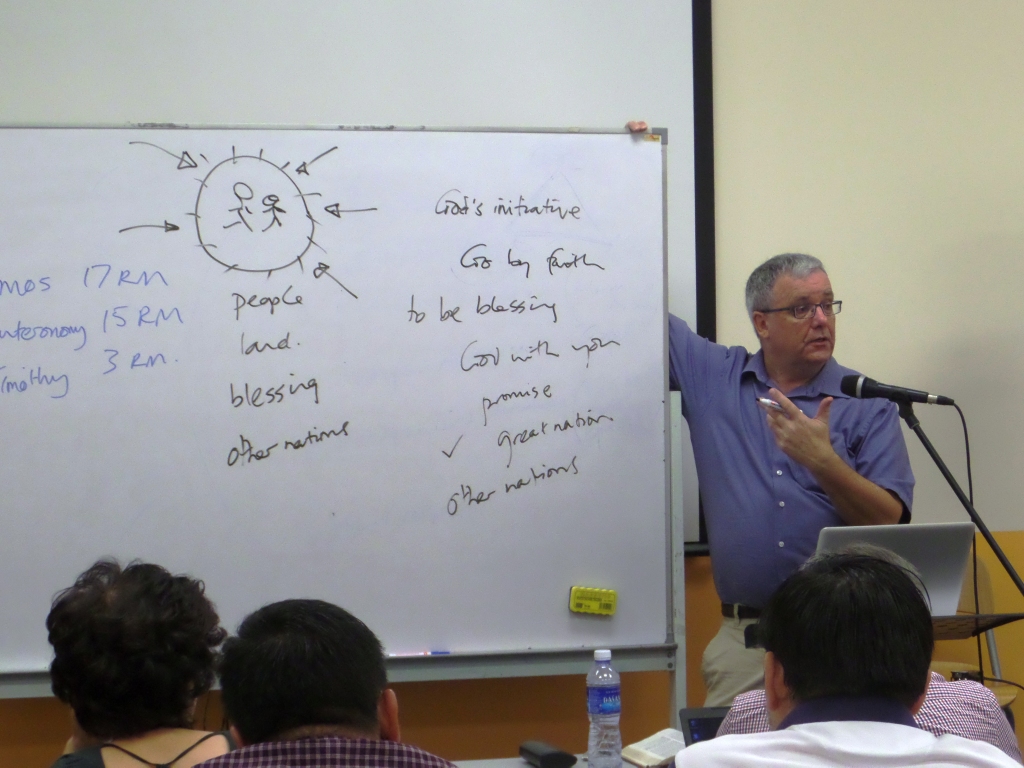
Generally, when we speak of Missions as a Christian, we think of the Great Commission. And this is right, for it’s the primary responsibility of Christians. But there is also an upshot of this. It sometimes leads to the perception of missions as a New Testament concept. Last Saturday and Sunday, Rev Paul Barker taught a class on the rightful understanding of missions, including God’s purpose for it.
There is a broad range of definition for missions. Some people give it a very broad context; taking care of the Earth and so on. Some define it very narrowly and insist that unless one directly preached about Jesus and the Gospel such as in evangelism, it cannot be considered as missions.

Rev Barker shared that we need to come to a balanced perspective of missions. What is the mission of God and thus Christians? It is to restore all things, unto the New Heaven and New Earth. The central point of missions is the preaching and proclamation of the Gospel, and the Apostle Paul sees it as a priority of Christians.
We must not see missions within a too broad or narrow context. However, we must recognize that the whole foundation and catalyst for the Gospel message is found within missions. Christians who are working in jobs like teachers, doctors, and so on may not be officially missionaries, but we have a responsibility towards developing a missiological perspective of drawing people to God.

Rev Barker communicated that the basis of missions started in Old Testament times, and the clearest example can be found in the story of Jonah. In fact, we see this at the beginning in Genesis 3:15, right after the Fall, in which there was a prophecy of the seed of Eve (Jesus Christ) crushing the serpent’s head. Earlier in Genesis 1:26-29, God had already declared that the Earth was His and of His people.
In Luke 24:27-29, on the road to Emmaus, Jesus explained that His First Coming, Crucifixion, and Resurrection, were fulfillments of prophecies within Scripture dating from the time of Moses. In Luke 25:47, Jesus pointed that all these were so that repentance and remission of sins should be preached in His name, among all nations. The Great Commission is not the beginning of missions. It is the climax.

Rev Barker shared that the big story in the Bible can be assembled into six phases. First there was the Creation, and everything was good. Unfortunately, Man fell into sin and there was the Fall. This Fall is universal and cosmic. It led to a fallen world, separated from God and in need of reconciliation with Him. In Genesis 3:15, we see God already beginning His mission work to restore mankind’s relationship unto Him.
Understanding this second stage of the Bible story and the problem of sin will help us to understand the role and need for missions. Sin is serious and needs to be dealt with, and the way to reconciliation is through faith in Christ and His finished work.

Rev Barker communicated that various examples from the Bible, and even in real life show us that disobedience and unbelief are two sides of the same coin. Eve fell into sin, for example, because she chose to doubt God’s word and to trust instead in the serpent.
Before the First Coming of Jesus, however, God had already initiated His redemption plan through Abraham in Genesis 12 (Redemption Initiated). Why was Abraham chosen? Unlike the understanding of some people, Abraham’s being chosen was not to the exclusion of other nations. The Bible tells us that the nations would be blessed through Abraham (Genesis 22:18). It was for the sake of all nations.
![AbrahamBlessing[1]](http://christianitymalaysia.com/wp/wp-content/uploads/2015/10/AbrahamBlessing1.gif)
The call of Abraham was the beginning of God’s plan to answer and overcome the greatest problem faced by Mankind. This was accomplished by Abraham’s seed and through Christ on Calvary (Redemption Accomplished). The Great Commission given by Jesus is thus the Redemption Proclaimed and Lived. And one day, all Creation will be redeemed unto the New Heaven and Earth, parallel to the original Creation.
Every story in the Bible, even in the Old Testament times was about God preserving His promises and blessings of people, land, and nations. Right from the beginning, God planned for the whole world to come unto Him. One example was during the Ten Plagues in Egypt, where God instructed Moses to warn Pharoah in His Name [“Thus says the Lord, the God of the Hebrews” (See ref. Exodus 8:1)]. Every plague had significance in relation to the Ancient Egyptian pantheon.

In Exodus, God made a covenant with the Israelites. He gave them the Law as a means to the fulfillment of God’s promises and blessings (see Exodus 19:4-6). God is saying that if we are God’s people, we will understand His commandments and obey them. Our relationship with God comes from a response to grace and obedience to the faith, and the Law is embedded into grace.
Rev Barker communicated that the Laws that were given by God were beautiful ones, especially in comparison with the other laws of its time. The Law provided for aliens and the marginalized. It was founded on the best interest and the taking care of the welfare of the poorest in the Israelite nation. It curbed excesses and misuse of power. It gave the Israelites guidelines on how best to live as a people of God.

The early Israelites in fact had a priestly role as mediators between God and the other nations. They did not however always understand this role that was handed to them by God. They were supposed to be an example to the other nations, drawing people unto God. There were times they misconstrued the context and build a wall between themselves and the other nations. And many times they drifted away from obedience to God.
In Galatians 3:8, we are reminded that Scripture having foresaw that God would justify the Gentiles by faith, preached the Gospel beforehand to Abraham that all the nations will be blessed through him.
So there is in fact continuity between the Old Testament and New Testament, and the New Testament draws out the Abrahamic Covenant. Jesus was the fulfillment of the Abrahamic Covenant. The Pharisees in Jesus’ time saw the letter of the Law but they did not understand the other side of the Law which was Grace.

Today, Christians have the same function, no different from that of the early Israelites. Mission and evangelism is a priestly function and the mission thread is still progressing on. We have a role as the salt and light of the earth, being mediators between God and the rest of humanity.
Though it is the Word that will bring salvation to the lost, it is by leading a Godly life and having a missiological mindset that we will attract and draw people to God.
As missionaries in God’s Kingdom, our first perspective ought to be from the framework of Creation as God’s good work. We go out for missions because we recognize the world as God’s. There is a difference in perspective here from the usual one of viewing the world, and thus, Creation, as evil, and we recognize missions as essentially the redemption work of God that forms the core of the Gospel message.
|Share The Good News|
Jason Law




Leave a Reply